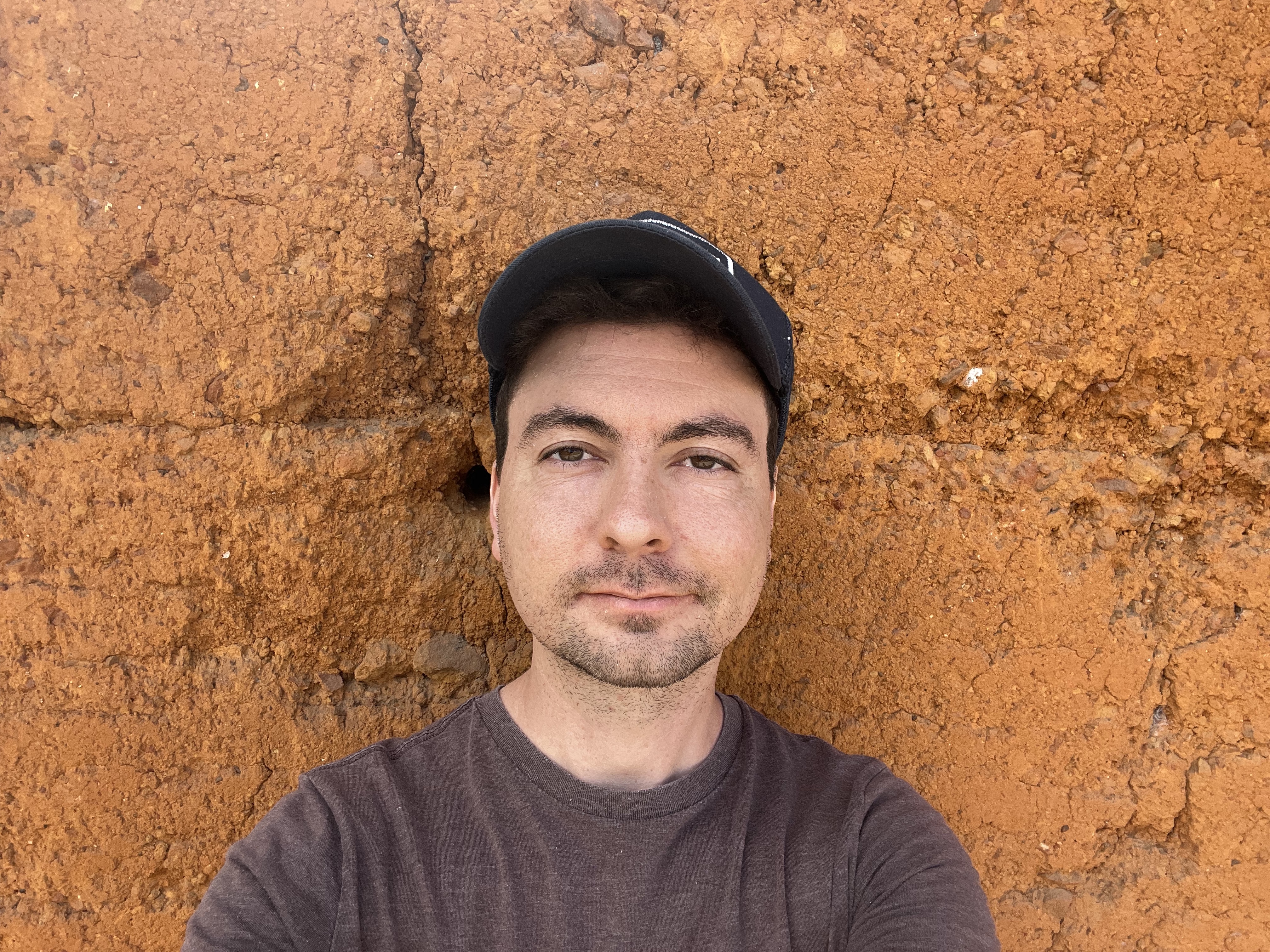Visiting Scholars
Visiting Scholars

Katie Bowler Young
Visiting Scholar
katiebowleryoung@gmail.com
Katie Bowler Young’s creative and scholarly work focuses on life writing, poetry, and art. Her biography of 20th century Mexican sculptor Enrique Alférez was a finalist for the Housatonic Book Award for Non-Fiction and was featured in the National Endowment for the Arts podcast “ArtWorks.” Enrique Alférez: Sculptor (The Historic New Orleans Collection, 2021) focuses on Alférez’s influence on the visual landscape of New Orleans; his international outlook; and connections between his art and Indigenous Nahua heritage. Katie is the author of State Street (Bull City Press, 2009) and Through Water with Ease (Louisiana Literature, 2019). Her poetry often addresses nature, environmental justice, and the effect of natural disasters on community. She is currently working on a poetry collection, Visitor’s Hours, about the effects of incarceration on families. With more than 21 years of experience as a higher education, partnerships, and communications leader, Katie is operations director and interim leader of University Collaborations at RTI International, an independent nonprofit research institute. She was previously Assistant Dean for Communications, Marketing, and Business Development at Duke University School of Nursing. From 2011 until 2021, Katie led global relations and global partnerships and programs for UNC Global at the University of North Carolina at Chapel Hill. Katie has been awarded a 2021 North Carolina Governor’s Award for Excellence for Outstanding Government Service and a 2023 Fulbright-Nehru International Education Administrators Award. She earned her MFA in creative writing with a concentration in poetry from Warren Wilson College and her BA in drama and communications from the University of New Orleans.

Rebecca Scott
Charles Gibson Distinguished University Professor of History and Professor of Law at the University of Michigan
rjscott@umich.edu
Professor Scott studies slavery, emancipation, and the boundaries of citizenship in Latin America and the United States. In "María Coleta and the Capuchin Friar: Slavery, Salvation, and the Adjudication of Status" (William and Mary Quarterly, 2019), she and Carlos Venegas explored the dynamics of unlawful enslavement in late 18th century Havana. With Jean M. Hébrard she co-authored Freedom Papers: An Atlantic Odyssey in the Age of Emancipation (Harvard University Press, 2012), which traces five generations of a family from West Africa to the Caribbean and the United States, and then to Europe. She is currently finishing a book manuscript titled "No Safe Harbor: Three Women between Freedom and Enslavement," which draws upon archives in France, Cuba, and the United States, including materials in the Southern Historical Collection at UNC's Wilson Library.

Andrew Walker
Ph.D.
Global Education Center
ajwalk@email.unc.edu
Andrew Walker's research and teaching focus on political interconnections across the hispanophone, francophone, and creolophone Caribbean, especially Haiti and the Dominican Republic. His book manuscript in progress, entitled “Strains of Unity,” explores the 1822-1844 Unification of Hispaniola, during which the former Spanish colony of Santo Domingo (today the Dominican Republic) was governed by the post-revolutionary republic of Haiti. The unification brought immediate emancipation and legal racial equality across the island, transforming the oldest slaveholding territory in the Americas into the newest departments of the most radical antislavery state in the world.
His publications include essays in Slavery & Abolition and the Law and History Review. The first piece argues that the 1822 unification was the result of a decades-long antislavery revolution led by Santo Domingo’s majority of free people of African descent, Haitian leaders, and refugees from surrounding slave-holding jurisdictions. The second essay examines the 1816-1817 itinerary of a U.S. warship-turned Cuban slaving vessel, whose mostly-American crew staged a mutiny off of Cape Verde and then sailed on (without a captive cargo) to the antislavery Republic of Haiti.
He is presently engaged in two collaborative projects. The first considers the illegal enslavement and forced introduction into the United States of people who had long lived as free in the wake of the Haitian Revolution. The second explores the political lives of formerly enslaved women within the notarial archives and civil registries of unification-era Santo Domingo.
He holds a Ph.D. in History from the University of Michigan (2018) and a B.A. in French Studies and History from Duke University (2011).

